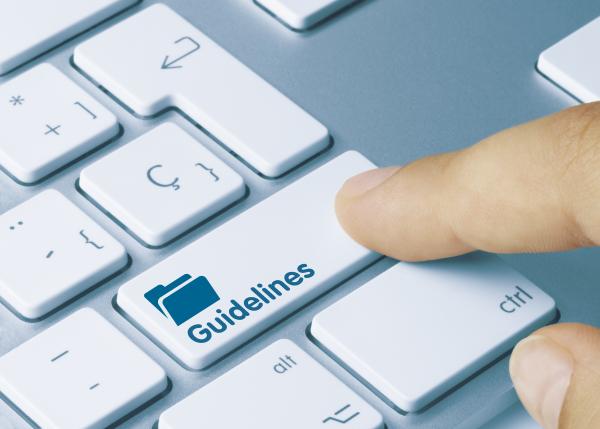The National Institute for Health and Care Excellence (NICE) provides national guidance and advice to improve to improve outcomes for people using the NHS and other public health and social care services.
Guidance can include any type of health care, equipment, pharmacology or device ranging from physical activity in children, bronchiolitis diagnosis and management, juvenile chronic arthritis, selective dorsal rhizotomy, developmental follow-up, the Molli suit and asthma medication.
What does NICE do? NICE exists to improve outcomes for people using the NHS and other public health and social care services by:
|
What is NICE guidance and what are NICE Guidelines?NICE guidance takes a number of forms - the primary form being guidelines. NICE guidance also includes:
 NICE guidelines make evidence-based recommendations on a wide range of topics. These include preventing and managing specific conditions to planning broader services and interventions to improve the health of communities. NICE guidelines are evidence-based recommendations for health and care in England. They set out the care and services suitable for most people with a specific condition or need, and people in particular circumstances or settings. These guidelines help health and social care professionals to:
|
What are Quality Standards? Quality standards set out the priority areas for quality improvement in health and social care. They are based on NICE guidance and other NICE-accredited sources. Each standard set out:
|
Where can I access NICE information services?
 NICE Evidence Services are a suite of services that provide access to high quality authoritative evidence and best practice. NICE Evidence Services are for everyone working in health and social care who make decisions about treatments, interventions or the use of resources. While NICE Evidence Services are designed primarily for professionals and practitioners, patients and the wider public are also able to search most of the content. |
Further information about NICE can be found on the NICE website.
Finding your way around the NICE website.
